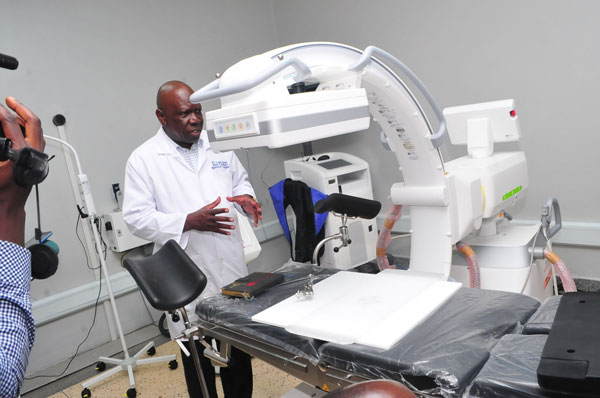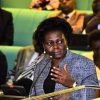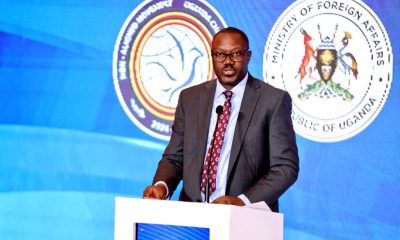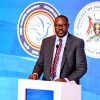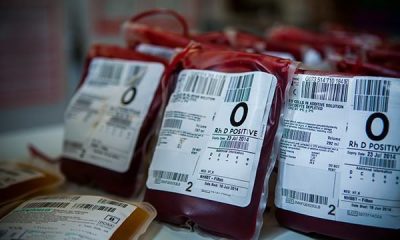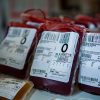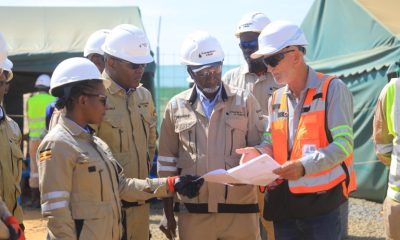Uganda Cancer Institute Implements Holistic Strategy to Tackle Escalating Cancer Cases
In a proactive move to combat the rising tide of cancer cases in Uganda, the Uganda Cancer Institute, under the leadership of Executive Director Jackson Oryem, has unveiled a comprehensive strategy aimed at addressing the multifaceted challenges posed by the disease.
During a recent press conference held at the Media Centre in Kampala, the Uganda Cancer Institute shared crucial insights and policy directions to update stakeholders on the state of cancer in the country and to underscore their commitment to tackling this pressing health issue head-on.
Dr. Nixon Niozima, representing the Uganda Cancer Institute, provided statistical insights into the alarming prevalence of cancer in Uganda, with an estimated 34,000 new cases diagnosed annually. Highlighting the Institute’s pivotal role in providing care, Dr. Niozima outlined ongoing efforts to expand capacity, including the acquisition of new radiotherapy machines and the construction of a state-of-the-art nuclear medicine facility, aimed at enhancing patient care and treatment outcomes.
From a community perspective, Dr. Alfred Jatho emphasized the importance of prevention and early detection initiatives. These efforts include the training of healthcare professionals and the establishment of screening units at district health facilities. Dr. Jatho stressed the critical role of community education and awareness, particularly through the engagement of village health teams in identifying early signs of cancer and disseminating vital information.
Dennis Olodi, Executive Director of the Uganda Cancer Society, elucidated the society’s role in supporting governmental interventions, conducting essential research, and fostering awareness through initiatives such as quarterly press conferences and the distribution of educational materials.
Executive Director Oryem outlined key policy directions, underscoring the government’s commitment to decentralize cancer services through the establishment of regional cancer centers. The imminent commissioning of the center in Gulu signifies a significant step forward, with additional centers in various stages of development. Oryem emphasized the importance of a coordinated approach outlined in the forthcoming National Cancer Control Plan, designed to provide a comprehensive framework for cancer management across Uganda.
In a heartfelt appeal, Oryem called upon the media to continue their support, particularly in dispelling myths and disseminating accurate information about cancer. The unified approach outlined during the press conference reflects a concerted effort to confront the cancer challenge in Uganda effectively.
As stakeholders from the government, healthcare sector, and civil society join forces, there is renewed optimism that these initiatives will make significant strides in alleviating the burden of cancer and improving the overall health outcomes of the Ugandan population.
